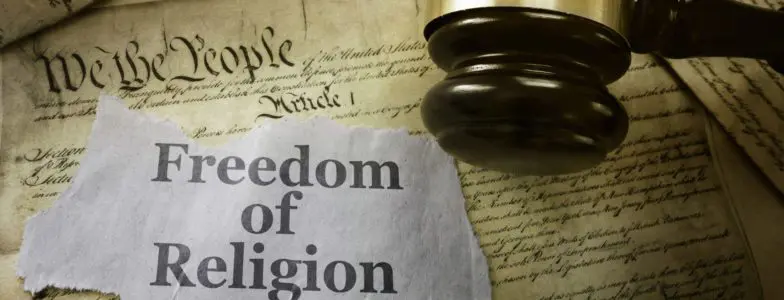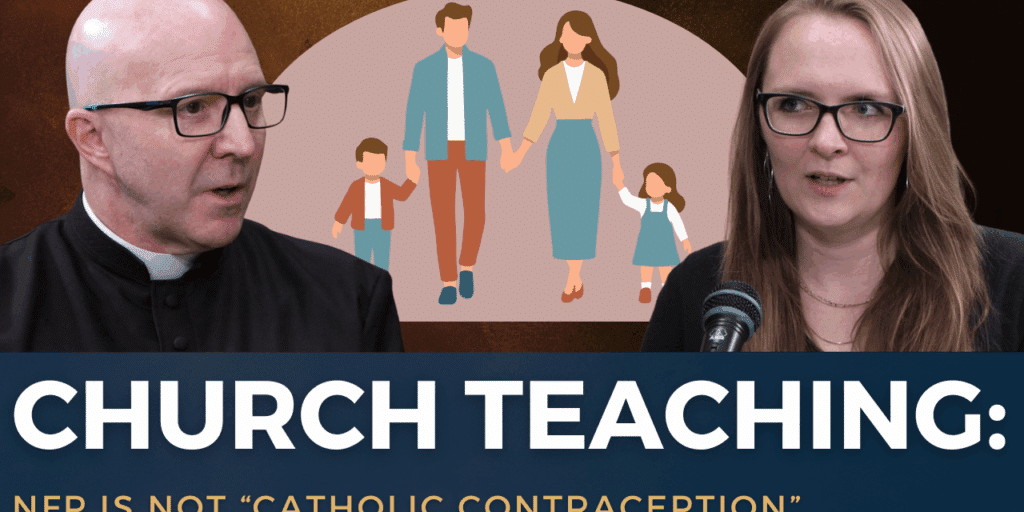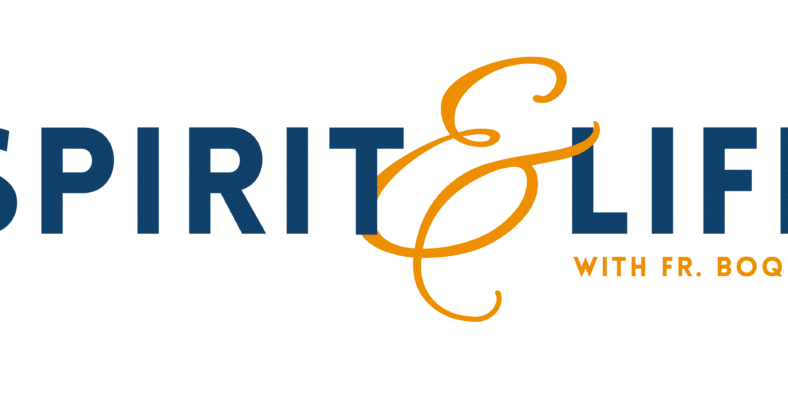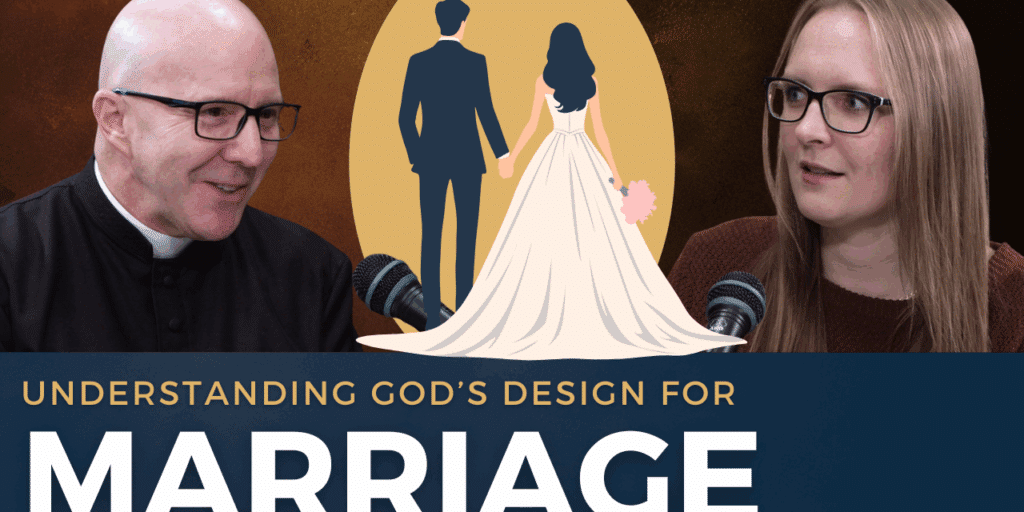Upholding Religious Liberty and Genuine Help in Foster Care
In recent years, it is all too rare that pro-family activists have won any significant victories. From the passage of civil union laws, to the legalization of same-sex “marriage,” and now the rapid spread of an extreme and coercive form of gender ideology, it seems that we have been losing one major battle after another.
However, a week and a half ago, we finally got some good news. In a rare unanimous (9-0) decision, the U.S. Supreme Court ruled that the City of Philadelphia’s refusal to use the foster services of Catholic Social Services (CSS), unless CSS agreed to place children with same-sex couples, violated CSS’s First Amendment rights to freedom of religion.
Punishing Children in the Name of Tolerance
And yes, you read that right: the decision was unanimous. That means that even the court’s three liberal justices agreed that Catholic Social Services had the right to conduct their affairs in accordance with Catholic teaching, only placing children with families with a mother and a father.
In the decision, Chief Justice John Roberts wrote: “CSS seeks only an accommodation that will allow it to continue serving the children of Philadelphia in a manner consistent with its religious beliefs; it does not seek to impose those beliefs on anyone else.”
In fact, the situation is arguably even more straightforward than that. Not only did CSS not seek to impose their beliefs on anyone else, but they actually wanted to help the city by finding willing foster parents, and placing children who desperately needed foster care with those parents.
As Justice Alito wrote in a concurring opinion, the City of Philadelphia was apparently willing to punish children in need of a home simply because CSS would not agree to adhere to the city’s progressive moral ideology. There was already an “acute shortage of foster parents,” noted Alito, and yet Philadelphia “went so far as to prohibit the placement of any children in homes that CSS had previously vetted and approved.”
“The City apparently prefers to risk leaving children without foster parents than to allow CSS to follow its religiously dictated policy, which threatens no tangible harm,” noted Alito.
CNN reports on an exchange from during the trial, when Justice Alito asked a lawyer for CSS how many same-sex couples had been “denied the opportunity to be foster parents as a result of Catholic Social Services’ policy.” The lawyer’s response? “Zero.”
“Look,” Alito said to the lawyers representing the city, “if we are honest about what’s really going on here, it’s not about ensuring that same-sex couples in Philadelphia have the opportunity to be foster parents. It’s the fact that the city can’t stand the message that Catholic Social Services and the Archdiocese are sending by continuing to adhere to the old-fashioned view about marriage. Isn’t that the case?”

An Intolerant ‘Tolerance’
Justice Alito’s point is a crucial one. LGBT activists constantly claim to be promoting “tolerance,” and yet will not permit any dissent from their ideology, even when their own lack of tolerance causes tangible harm to children. The attitude is “conform, or else.”
Reacting to the SCOTUS decision, Family Research Council President Tony Perkins agreed that the decision was a “substantial win for religious liberty.” And yet, he said, his organization was prepared for continued attacks. “Increasingly, the Left refuses to tolerate the slightest deviation from their political orthodoxy regardless of who suffers as a result.”
Back before same-sex “marriage” became legal, LGBT activists routinely reassured traditional marriage supporters that legalizing same-sex “marriage” would not impact their lives in any way. Legalizing same-sex “marriage” (we were told) involved only a minor adjustment to our laws. It was all about “freedom” and simply making sure that people with same-sex attractions could live their lives as they pleased.
However, people who had been paying attention to the battle over life and family knew better. The thing that was obvious to many of us, is that you cannot rewrite the nature of something so fundamental as marriage, without massively altering numerous aspects of society. Above all, it would inevitably lead to traditional views on marriage and sexuality being branded as “hateful,” and ultimately being made illegal.
As an example of this, years ago we saw that one of the earliest signs that the advance of the LGBT ideology, and the push towards same-sex unions and “marriage,” would not be a benign change was in fact the attacks on religious adoption agencies.
In many cases, LGBT activists and legislators targeted adoption agencies even before same-sex “marriage” was legalized. In 2007, for instance, a Catholic adoption agency in the UK announced that it was ceasing adoptions, after the passage of the so-called “sexual orientation regulations (SORs),” which required adoption agencies to adopt children to same-sex couples. In the UK, sadly, every single Catholic adoption agency shut down in the wake of the passage of the SORs.
Other Catholic adoption agencies, including here in the United States, similarly shut their doors, when faced with a choice between violating Catholic teaching, and adhering to new laws, supposedly passed to prevent “discrimination.”
This latest decision from the Supreme Court has, thank God, sent a strong message to the radical progressives that faith-based adoption agencies and other charities are welcome to carry out their work in the United States, in accordance with their beliefs.

Vatican Fights Italian ‘Anti-Homophobia’ Law
Meanwhile, another prime example of this trend toward outlawing traditional views of marriage and family is occurring in Italy, and it appears to be precisely what the Vatican is concerned will happen if a new Italian “anti-homophobia” law is passed. As CruxNews and the Italian newspaper Corriere della Sera recently reported, the Vatican has privately intervened, expressing concerns with the law.
As John Allen at Crux reports, “Among other points, critics say the anti-homophobia measure currently under consideration by the Italian senate could require private Catholic schools to adjust curricula to adopt state-mandated lessons on tolerance and gender, and it could also criminalize some public expressions of Catholic teaching on sexuality and marriage.”
Unfortunately, the text of the letter sent from the Vatican is not publicly available. However, the Secretary of State, Cardinal Parolin, did give an interview explaining the reasoning behind the letter. The proposed law, he said, is “too vague,” and risks “making any possible distinction between man and woman punishable, with consequences that can prove to be paradoxical and which in our opinion should be avoided as long as there is time.”
Cardinal Parolin said that the Vatican did not ask Italy to “block the law,” but rather expressed misgivings about “problems that could arise if a test with vague and uncertain contents were adopted, which would end up shifting the definition of what is a crime and what is not at the judicial stage, but without giving the judge the necessary parameters to distinguish.”
The formal move is noteworthy, because it is reportedly the first time that the Vatican has made use of certain provisions under the Lateran Pacts that give it a voice in Italian politics. As Allen reports, the Lateran Pact, “which created the Vatican City State after the loss of the Papal States amid Italian unification in the 19th century, affords the Vatican the opportunity to assert its rights to the Italian government.”
Corriere della Sera notes that the letter from the Vatican appealing to those rights “is an unprecedented act in the history of relations between the two states — or at least, there are no public precedents.”
The fact that the very first use of these provisions by the Vatican is to oppose this “anti-homophobia” law suggests that the Vatican is well aware of how far sinister so-called “anti-homophobia” laws can go, and have gone, wherever else they have been implemented.
An Important, but Still Narrow, Victory
Back in the US, as encouraging as the unanimous SCOTUS decision was on one level, some pro-family advocates have argued that the decision is also troublingly narrow in scope. They argue that while it does protect the rights of the CSS to adhere to their religious convictions, the reasoning employed by Chief Justice Roberts will not necessarily apply to other similar cases, since it was based in part upon the specifics of the City of Philadelphia’s agreement with foster care agencies.
Justice Alito himself expressed his disappointment that the decision penned by Justice Roberts did not go further. “This decision might as well be written on the dissolving paper sold in magic shops,” Alito stated in his concurring opinion. If Philadelphia simply adjusts its agreement so as to remove the provision for exemptions, then the protections available to CSS would also disappear, he argued. “If it does that, then voilà, today’s decision will vanish,” he said.
Alito’s concerns point to the necessity for pro-family advocates to be discerning, canny, and committed in their efforts to resist the radical LGBT activists, who are so skillful in pushing poison couched in the attractive and soothing language of “tolerance” and “acceptance.”
Yes, it is exhausting constantly resisting the LGBT lobby, especially when they are so skillful in tarring their opponents as “hateful” and “bigots,” and when they own so many of the levers of power and influence. And yet, the courageous leaders of the CSS who took their cause all the way to the Supreme Court, and the lawyers who argued on their behalf, have showed us that grit, determination, and dogged commitment to defending the truth can deliver important wins against all the odds.
I pray that this is only the beginning of other positive decisions coming from a more conservative Supreme Court. I also pray that the Vatican will hold the line in Italy against the so-called “anti-homophobia” law. If we have learned anything in the past two decades, it is that the LGBT movement is extremely well-organized, well-funded, and politically powerful. It will take courage, commitment, and skill to defang not only this Italian law, but also equally disturbing laws around the world, and to begin turning our culture back towards sanity and the truth about the human person, marriage, and human sexuality.
Human Life International
As president of Human Life International, Fr. Boquet is a leading expert on the international pro-life and family movement, having journeyed to nearly 90 countries on pro-life missions over the last decade. Father Boquet works with pro-life and family leaders in 116 counties that partner with HLI to proclaim and advance the Gospel of Life. Read his full bio here.







Why Abortion Is the Pre-eminent Moral Issue